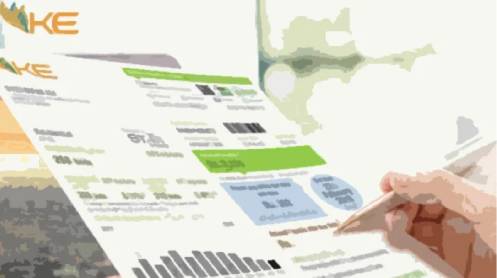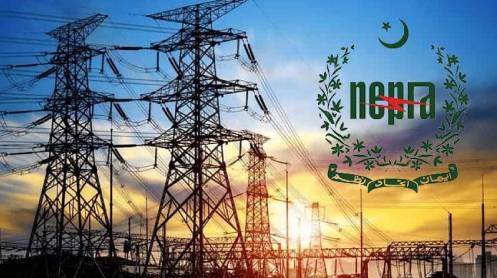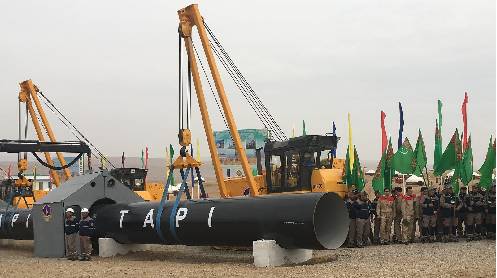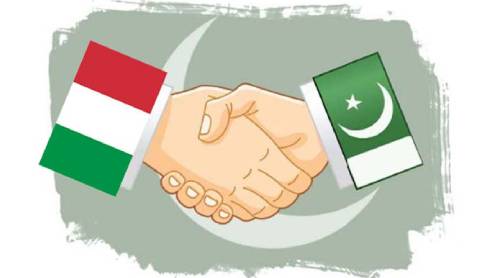ISLAMABAD: The National Electric Power Regulatory Authority (Nepra) announced an additional Rs3.33 per unit fuel cost adjustment (FCA) for May consumption, allowing ex-Wapda distribution companies (Discos) to collect an additional Rs41 billion in July. In contrast, K-Electric (KE) consumers will see a Rs1.67 per unit reduction in FCA based on April consumption, amounting to an overall financial impact of around Rs2.35 billion.
KE’s negative adjustment will apply to all consumer categories except lifeline consumers, domestic users consuming up to 300 units, electric vehicle charging stations, and agriculture consumers. However, domestic consumers with Time of Use (ToU) meters will benefit regardless of their consumption levels.
Nepra reviewed and assessed a National Average Uniform increase of Rs3.3287 per kWh in the applicable tariff for XWDISCOs due to variations in the fuel charges for May 2024. This increase, coupled with the base tariff hike of Rs5.75 to Rs7.12 per unit already approved by the cabinet, will result in a net increase for Discos’ consumers ranging between Rs11 and Rs14 per unit this month.
The Central Power Purchasing Agency (CPPA) sought permission to collect Rs41.87 billion in additional revenue in July through Rs3.4133 per unit additional FCA for May consumption over the reference tariff of Rs5.71 per unit. The actual average fuel cost in May was Rs9.122 per unit, almost 60% higher than the pre-fixed fuel cost.
Nepra imposed fines totaling Rs115 million on four distribution companies from Faisalabad, Sukkur, Peshawar, and Lahore for fatalities due to poor safety measures and electrocutions. They were directed to pay compensation of Rs4 million to each bereaved family and provide jobs to their next of kin. The fines were Rs15 million each for Faisalabad and Sukkur electric supply companies for nine fatalities each, Rs62 million for Peshawar Electric for 41 deaths, and Rs23 million for Lahore Electric for nine fatalities.
Story by Khaleeq Kiani





